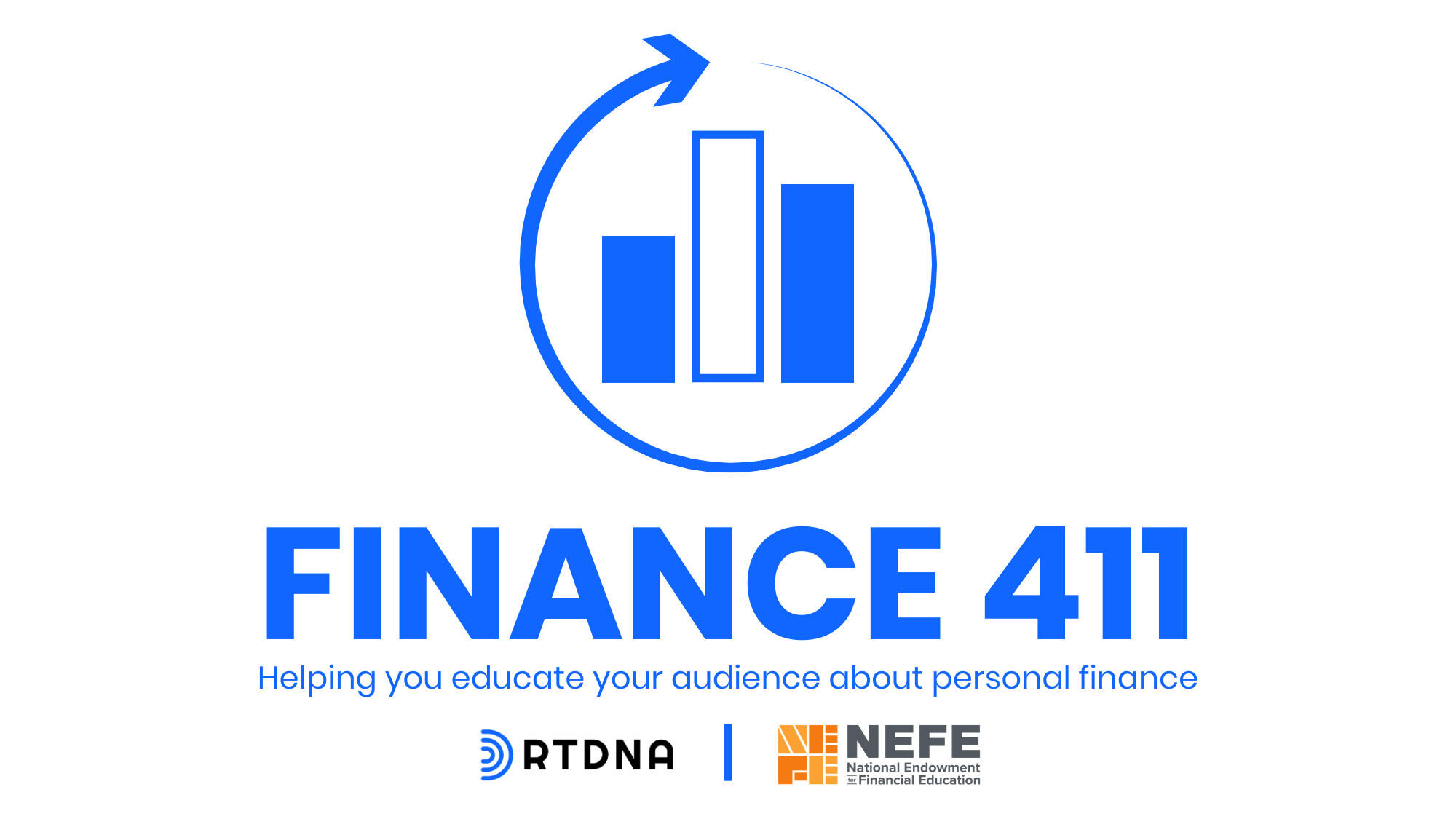Money Matters: Student Debt Watchdog Muzzled?

Why should consumer reporters – or consumers, for that matter – care about the reorganization of a small government department most people haven’t even heard of?
Because more than 44 million Americans have student debt, with 70% of college graduates owing significant loans, and that recently reorganized department is the Consumer Financial Protection Bureau’s (CFPB) Office of Students & Young Consumers.
The CFPB claims the change is purely organizational and will not affect operations, but consumer advocates are paying attention.
The government watchdog has been busy in recent years as student loan debt has ballooned across the country, and more borrowers are in need of protection from predatory lenders and loan practices that leave debtors paying more than they should. It has even sued one student loan company, and has handled more than 50,000 complaints and saved student loan borrowers $750 million.
The move on the organizational chart – to the Office of Financial Education – is a clue that the office may be shifting to a less aggressive approach for assisting borrowers and holding lenders accountable, at a time when other CFPB oversights and protections are being scaled back as well.
This government watchdog may soon have less bite, but watchdog journalists can step up to keep borrowers in their communities in the know.
One question consumer reporters can ask is what protection is provided to borrowers at a state level. Some states have begun enacting robust consumer protection measures of their own - and some have come under fire for doing so.
In April, a student loan management firm sued several entities of Connecticut’s government, arguing that its regulations, including requirements for the loan company to providing certain documents to operate in the state, cannot be stricter than federal rules.
It’s just one of several states to pass laws requiring licenses or additional consumer protections, but loan operators – including many who are close partners with the federal Department of Education – are objecting.
Whatever the situation in your state, it could become a protracted battle, and it’s likely worth a story.
Also worth a story: how borrowers can be their own advocates.
Individual borrowers may not be in a position to sue loan companies for wrongdoing, but they can be empowered to understand the loan process and to know when something’s fishy.
A primary complaint about lenders and loan management companies is providing inaccurate and incomplete information to borrowers about their options.
For example, in a CFPB suit against one loan giant, the bureau argued the company failed to inform borrowers with government loans of an income-based option to lower payments, instead directing them toward forbearance, or pausing payments but accruing interest.
Take some time to look into and define key terms, like forbearance, so borrowers in your audience will be prepared when talking to a loan officer.
With so many student loan borrowers out there, this story is sure to save your audience some money!
Try this story idea, one from our growing list or your own and submit it for a chance to cash in yourself!
Weekly Money Matters personal finance content for your newsroom is sponsored by the National Endowment for Financial Education.
